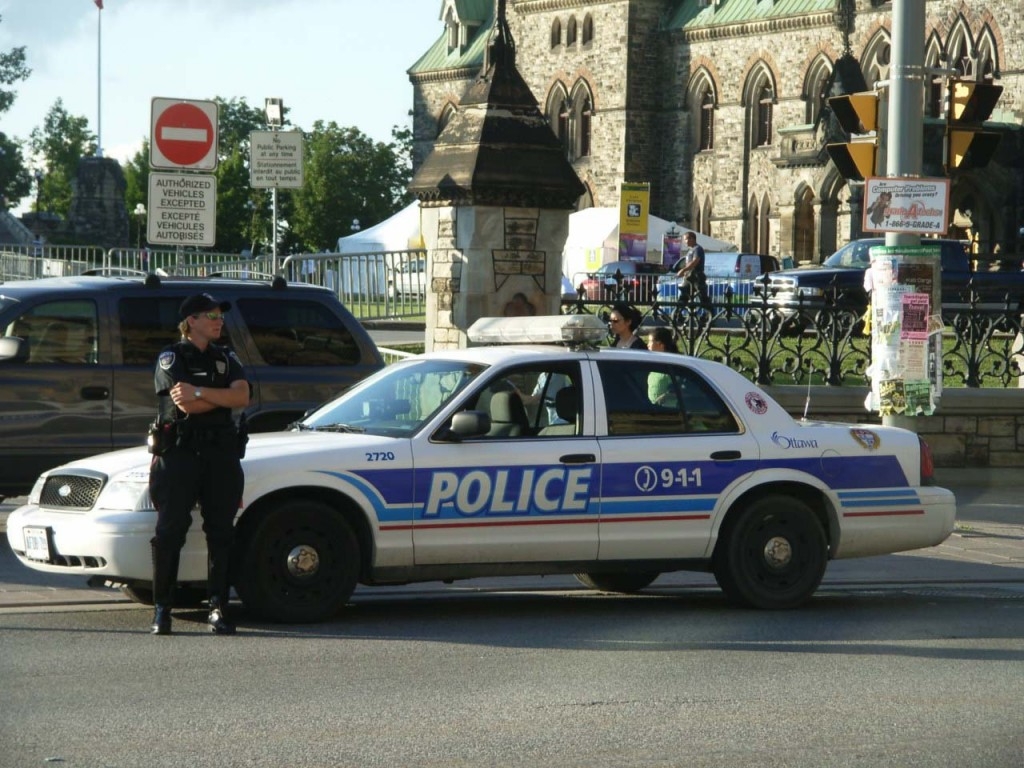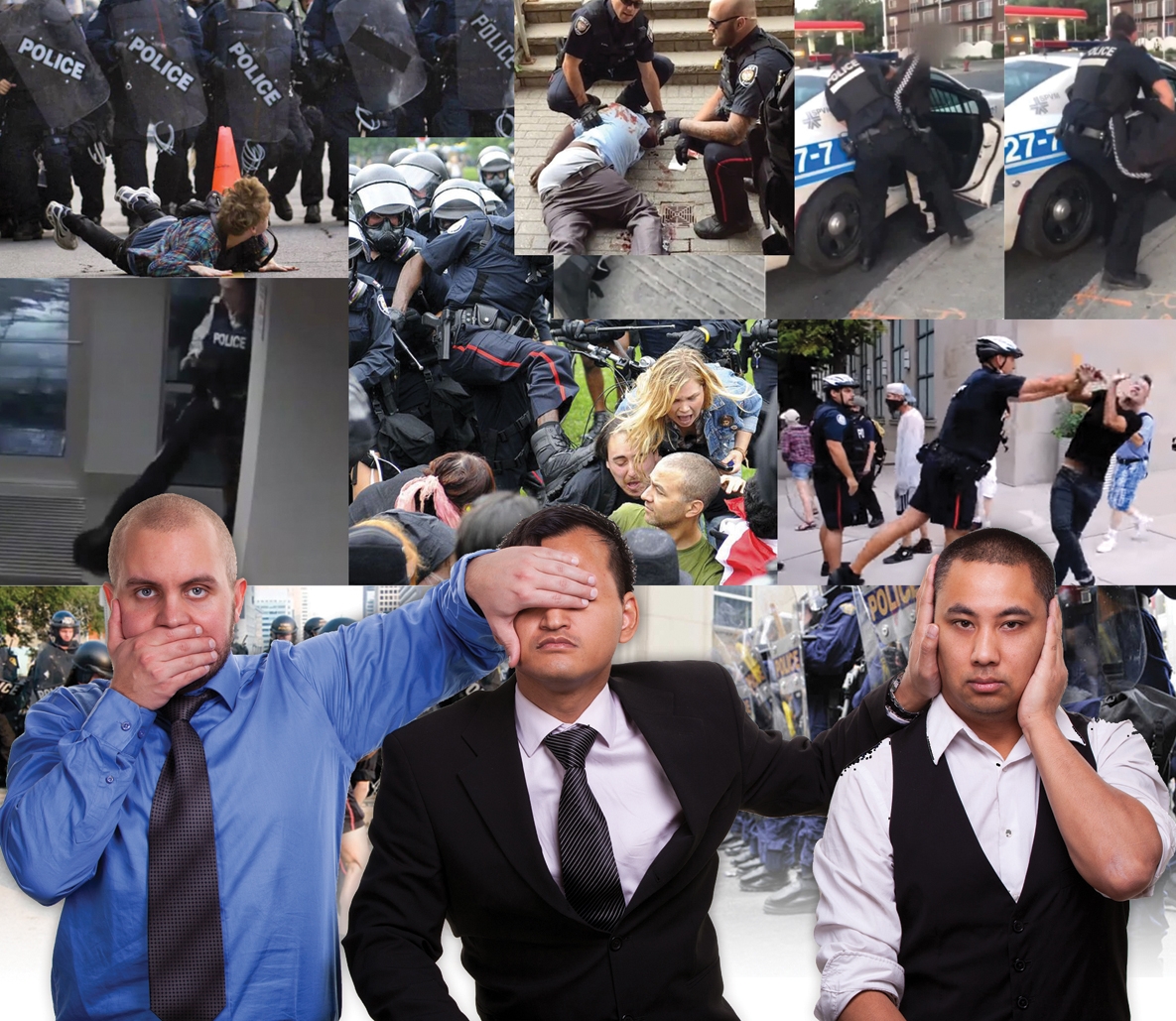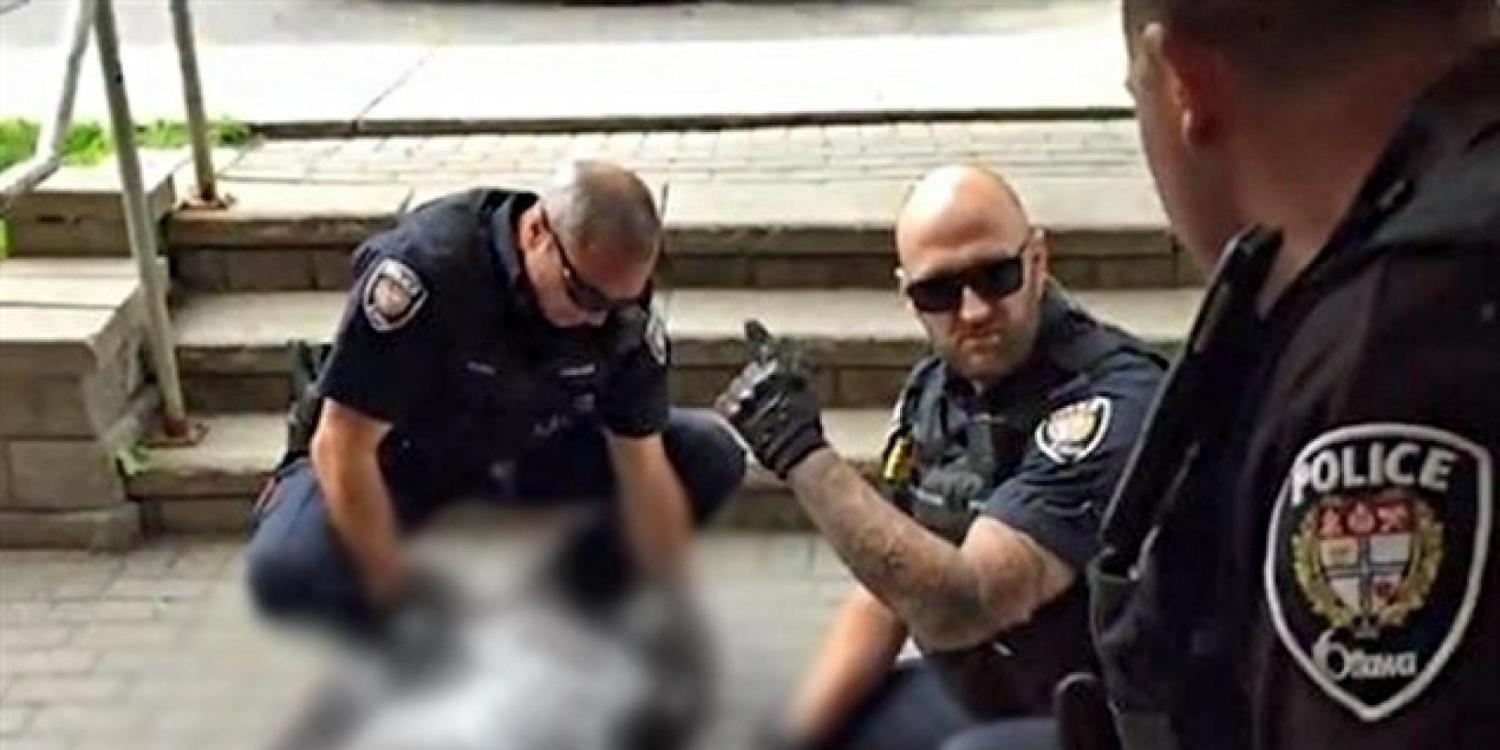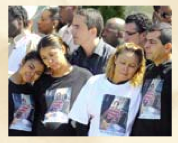
SIU’s delay on Abdi report shows our unequal justice system
By Darryl Davies
When English novelist, essayist and critic George Orwell wrote that “all animals are equal, but some animals are more equal than others,” he could have been referring to some people in the justice system and the way that system protects police officers from criminal liability in Ontario.
When Abdirahman Abdi died in July 2016 after an altercation with two Ottawa police officers, the Special Investigations Unit (SIU) immediately launched an investigation. The SIU is an oversight body established in Ontario to carry out investigations whenever a citizen suffers a serious injury following an interaction with the police.
The Canadian Charter of Rights and Freedoms mandates that all people are supposed to be subject to the same protection under the rule of law. However, it appears that this is more the exception than the rule when the matter involves alleged wrongdoing by police officers. It has been more than six months since Mr. Abdi died and yet we still have had no decision on whether criminal charges are or are not going to be laid by the SIU against the two police officers.
Consider what would have happened if instead of two police officers involved with Mr. Abdi, it had been two civilians. How long do you think it would have taken the police to decide whether to lay charges under those circumstances? Likely a matter of days or weeks. Why is it that when it comes to police officers, the justice system sits back and does nothing but pass it off to the SIU, which then takes months, if not years, to make a decision?
Even when the SIU does make a decision, 90 per cent of the time the officers are cleared of any wrongdoing. The public has very little confidence in a government oversight body that has a track record of clearing police officers in almost every case it investigates. Yet this is the organization investigating Mr. Abdi’s death.
What does this say to the citizens of Ontario about how the justice system operates in practice?
Police officers, like ordinary citizens, should be treated equally before the law. If there is sufficient evidence, they should be charged under the Criminal Code of Canada and tried in a court of law just as any other citizen would be under similar circumstances.
When the justice system sets up a two-tiered process for dealing with the public and the police, it merely reinforces the belief in the minds of the public that the system can’t be trusted and that it’s corrupt. If the justice system is to be respected and if the rule of law is to be applied fairly and impartially, there should not be any delays when it comes to either laying or not laying criminal charges against police officers. To allow this charade to continue in Ontario not only undermines the credibility of the justice system, it also brings the administration of justice into disrepute.
It’s well-known that the wheels of justice move slower than molasses. It’s 2017 and we still do not know whether criminal charges will or will not be laid against the two police officers in Mr. Abdi’s death. For many observers, the fact the officers remain on the Ottawa Police Service is troubling, to say the least. In the meantime, the family, relatives and friends of Mr. Abdi have to wait for a decision from a dysfunctional organization that has a past history of clearing police officers who should have been criminally charged.
Premier Kathleen Wynne and Ontario Attorney General Yasir Naqvi clearly have some explaining to do for failing to take action to protect citizens from the rampant abuse of some police officers that is becoming all too common in this province.
Darryl T. Davies is an instructor in criminology and criminal justice in the department of Sociology and Anthropology at Carleton University.
The above article was first published in the Ottawa Citizen and is reprinted with the permission of the author.








